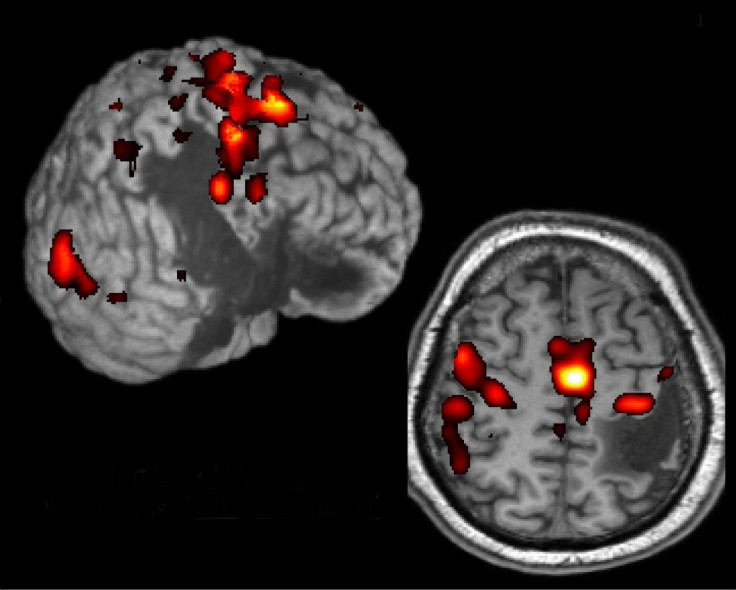Stroke Victims Lose 'Crucial Functions' Because Hospitals Don't Properly Rehabilitate Them

Janel Nadeau was 19 and heading off to Queen's University in Ontario to pursue honors studies when she had a stroke. It damaged parts of her brain responsible for language, and she was left "struggling to relearn the alphabet."
Far too often, hospitals are failing to provide the kind of post-stroke therapy that can prevent victims from suffering long-term loss of function, according to a new study in Canada, which looked at 60,000 stroke and mini-stroke cases over two years. After a stroke, the clock starts ticking on a crucial window for treatment that can help people get back to living normal — or at least functional — lives. But of the 40 percent of patients who could benefit, only 16 percent get access to this kind of rehabilitation.
"Stroke patients are falling through the cracks," says Dr. Mark Bayley, co-chair of the Canadian Stroke Congress, in a statement announcing the research. The findings were being presented Friday at the Canadian Stroke Congress in Vancouver. "This has huge implications for their future quality of life and use of healthcare and social service resources."
In Nadeau's case, according to the researchers, her mother left her job for four months and enrolled her daughter in a raft of activities to stimulate her brain, from cooking to yoga, as well as adult education courses to regain her language abilities. Her recovery was so thorough that she was able to go back to school and become a resident physician. She now works with Dr. Michael Hill, who authored the new study.
But Nadeau is an exceptional case. Often patients are simply discharged. Others who receive therapy don't need it, and some get the wrong kinds of therapy. The health system isn't adapting to the needs of the patients, it's adapting the patients to the resources that are available, the authors said. "We found that access to and the use of inpatient rehabilitation after stroke is highly variable, so variable that it likely depends upon practice patterns and resources, rather than patient disability and needs," Hill said.
The problem is actually costing money in the long run. Without an investment in initial recovery, people are living with the effects of stroke and seeking related medical treatment for the rest of their lives. Experts are recommending new policies to divert resources to stroke rehabilitation and to expand community-based programs. They also say insurers need to be required to cover these treatments. "Lack of adequate rehabilitation resources means patients and families are denied the opportunity to have as much function restored as possible," Ian Joiner, director of stroke for the Heart and Stroke Foundation, said in the statement.



























